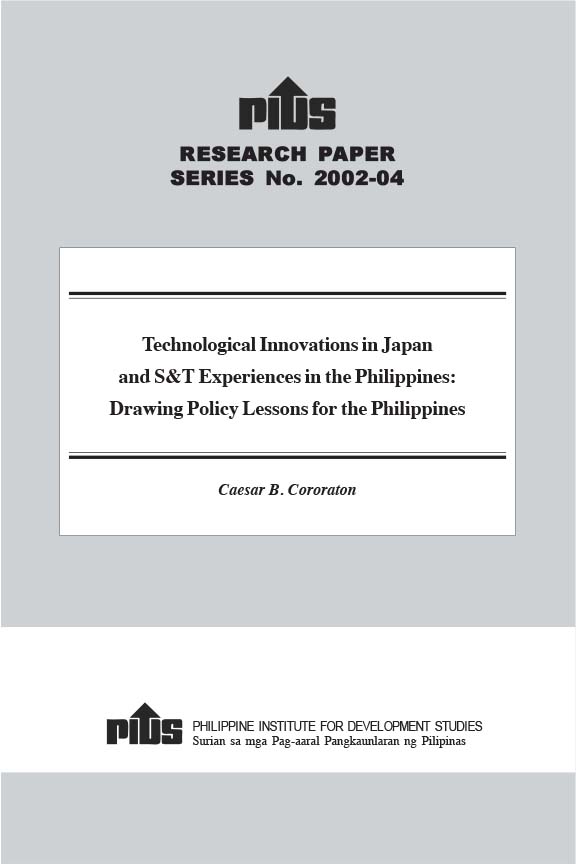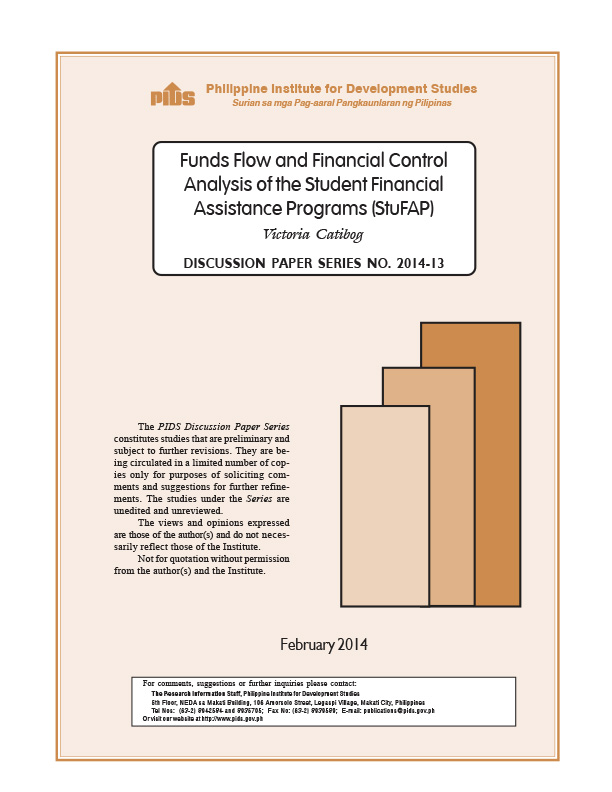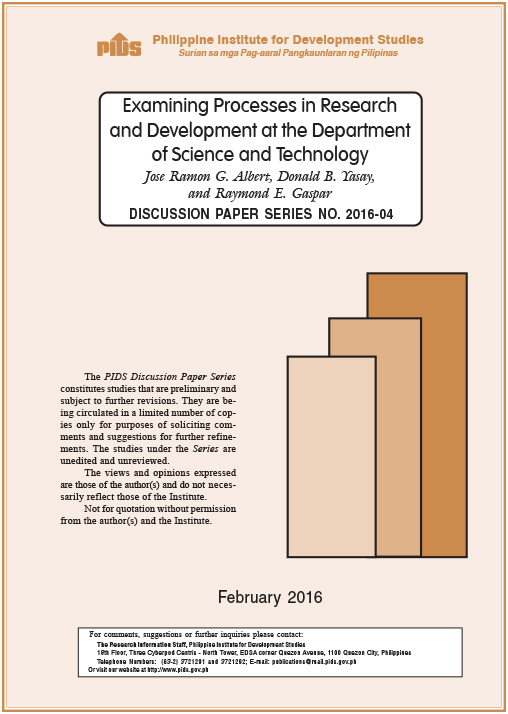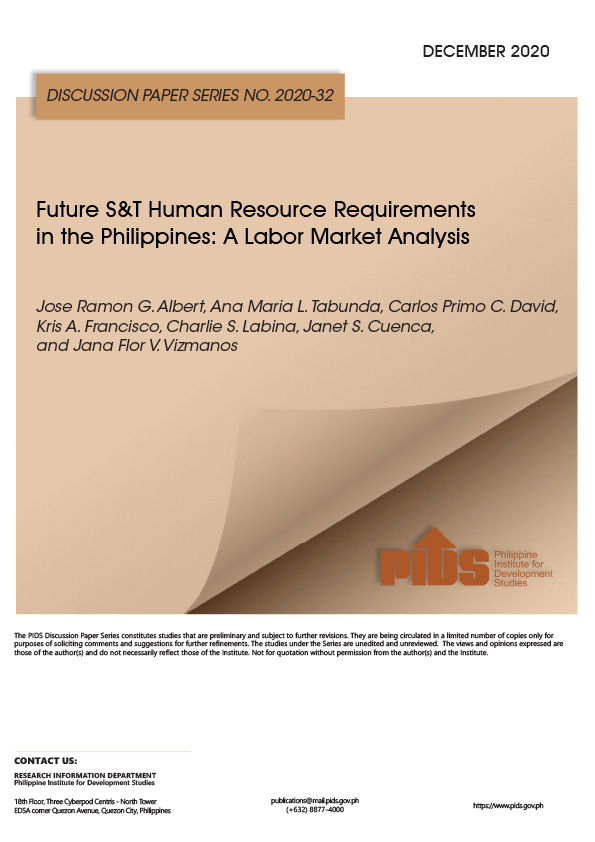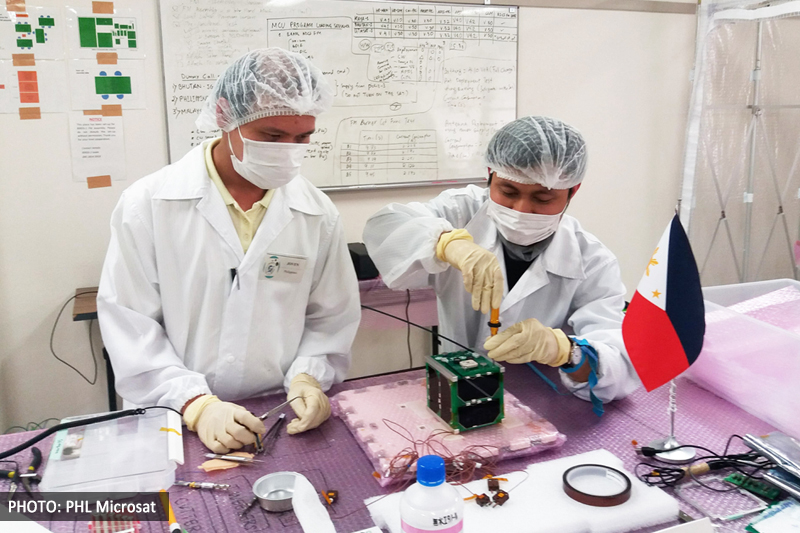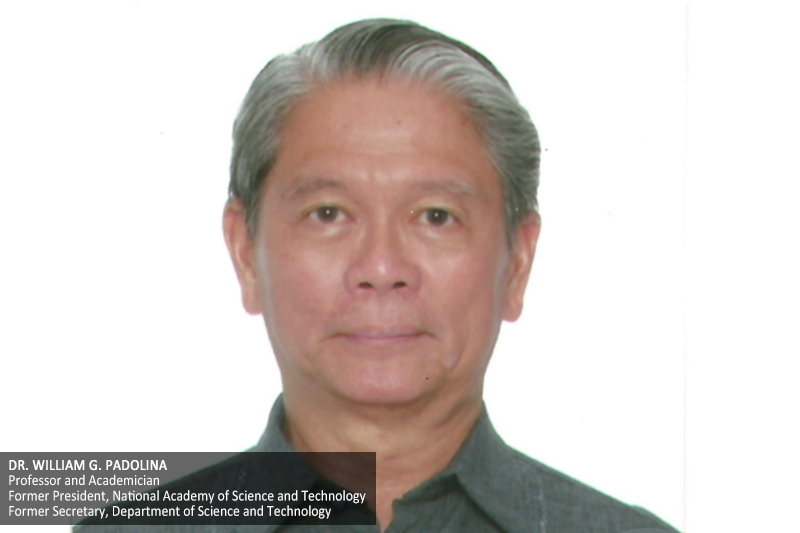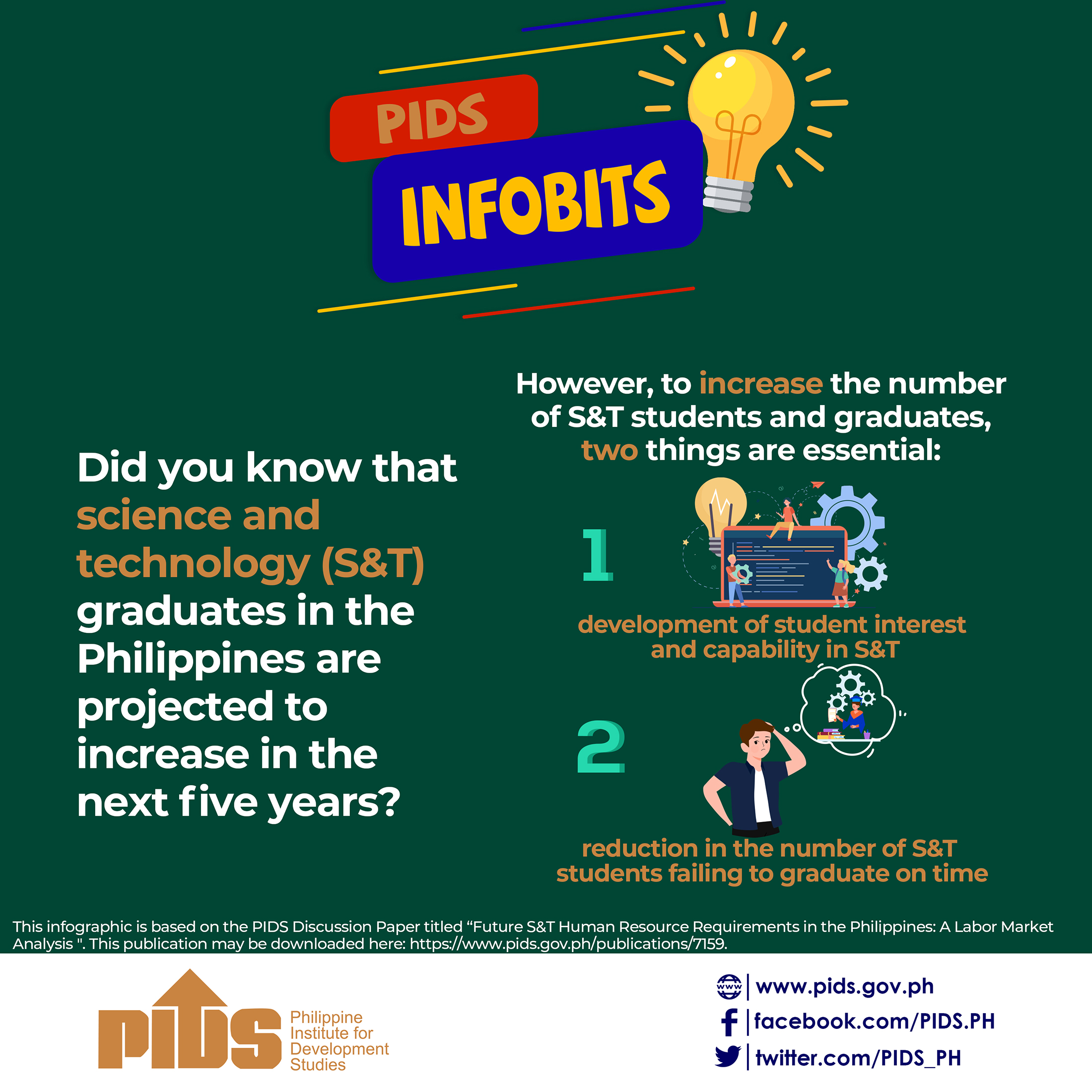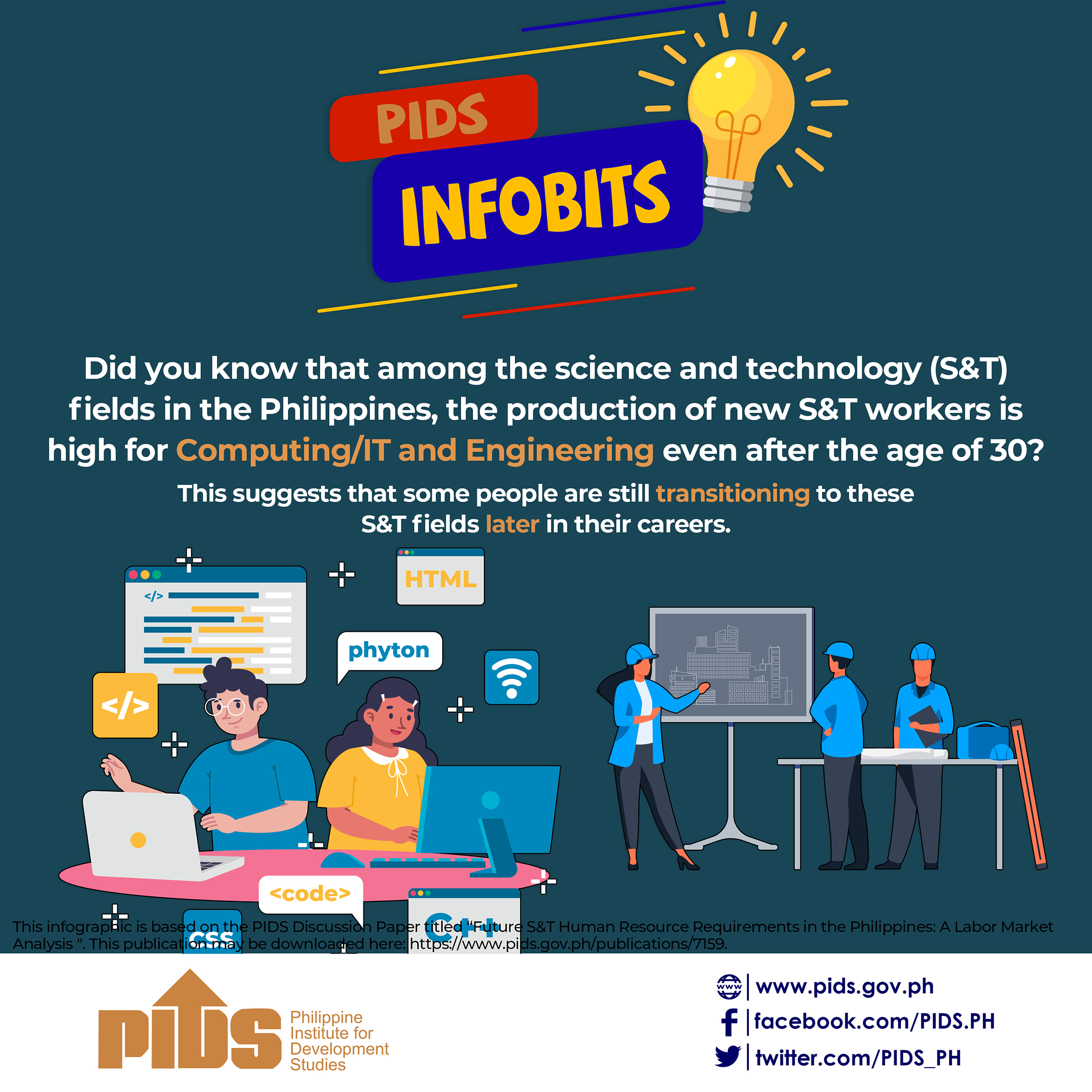The objective of the paper is to draw technology-related policy lessons for the Philippines by examining Japan's experience in technological innovation after the second world war and by reviewing the present set-up of science and technology (S&T) in the Philippines. The paper argues that given its present structure, the Philippines may find it hard to attain a productivity-based sustainable growth through a technological innovation-based strategy. This is not only because of low investments in research and development (R&D), but also because of institutional rigidities in the Philippines as well as imperfections in the technology market. Furthermore, the paper argues that while the ongoing economic reforms are extremely necessary to remove inefficiencies in production, on the whole it provides no clear direction for S&T. As a result, the process of technological innovation can hardly gain momentum and contribute significantly to a productivity-based sustainable economic growth. The paper examines the process of technological innovations in Japan by looking at the following factors: the initial conditions; the economic environment in which economy was operating; the goals and strategies pursued; institutions established; economic policies implemented; programs developed; the role of government in the entire process; and the involvement of the private sector. The paper presents an indepth review of the S&T experience of the Philippines. Finally, the paper draws general and specific policy lessons and recommendations for the Philippines.

